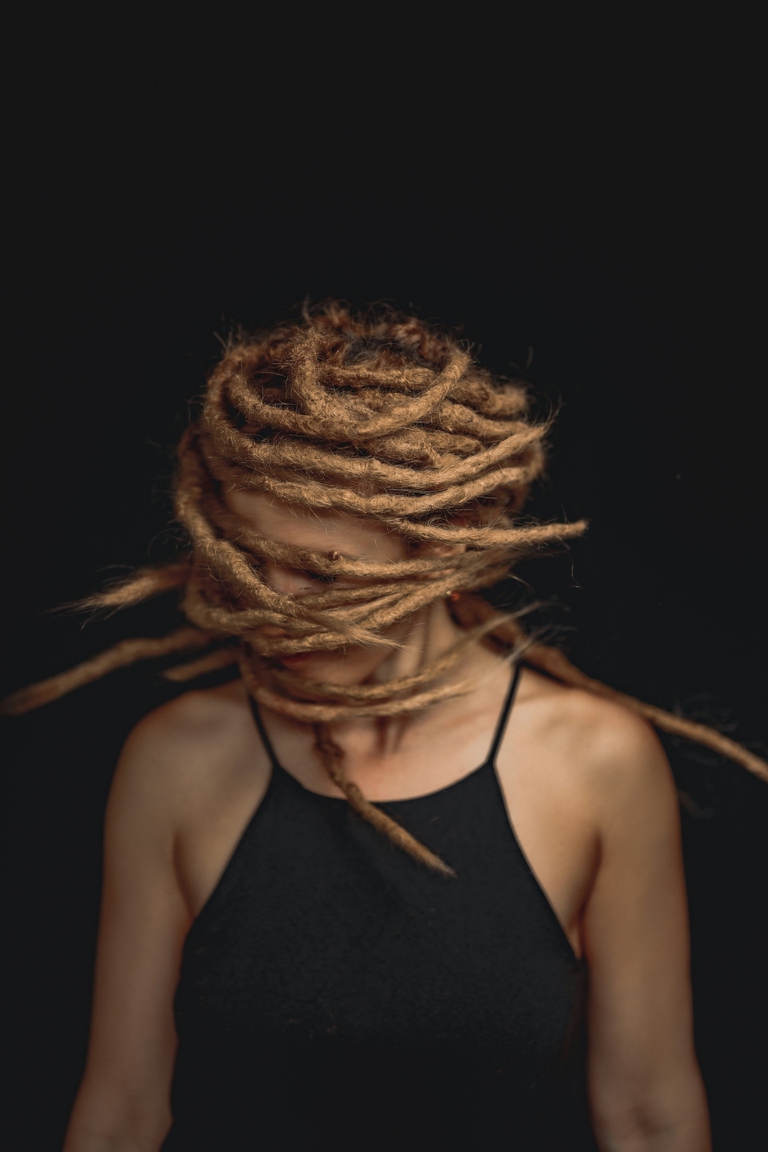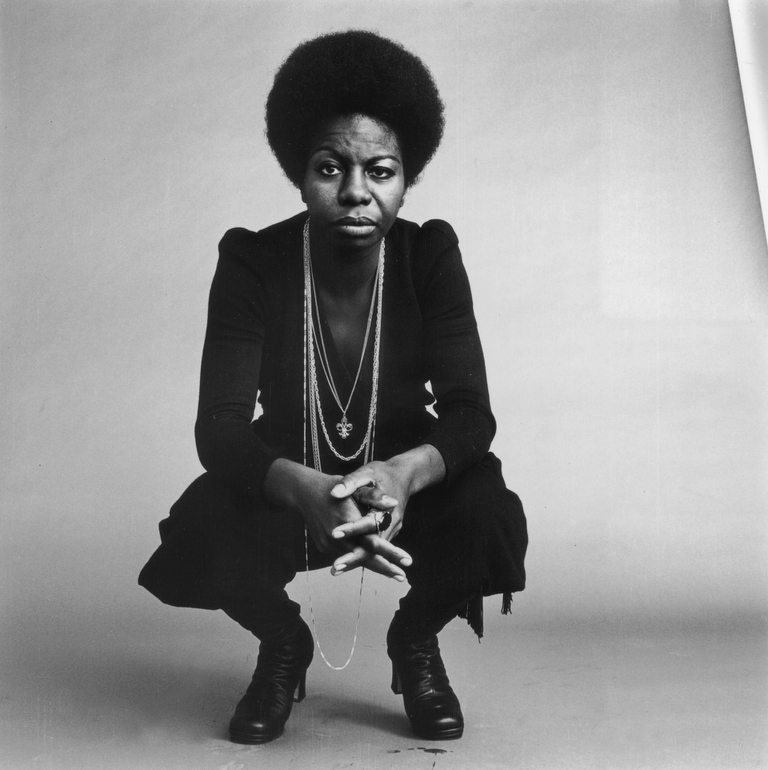https://www.lifegate.it/la-francia-vuole-vietare-la-discriminazione-razziale-data-dai-capelli-afro
- |
- The French National Assembly has approved a bill that, if passed by the Senate, would ban discrimination based on hair style.
- The measure, which also includes red hair, dreadlocks and bald people, is aimed particularly at African-American people, who suffer the effects of this discrimination the most.
- A 2023 study has in fact demonstrated how discrimination against black women in the workplace is a widespread and impactful social phenomenon and how this has repercussions on health and the right to self-determination.
Anyone who lives as a white person in a world regulated for white people has probably never wondered too much about how to wear their clothes hair in the workplace:However, there is a whole part of the population whose way of wearing their hair, indicative of a certain racial and ethnic belonging, is a problem.A study conducted in 2023 by LinkedIn in collaboration with the brand Where in the United States details the systemic social and economic impact of prejudices about hair and discrimination against black women in the workplace, further demonstrating the urgent need for change.Through this Crown Act it was revealed that black women's hair is 2.5 times more likely to be considered unprofessional, that approximately 66 percent of African American women change the styling of their hair for a job interview and, in particular, 41 percent of them go from curly to straight.Not only:Black women feel they have to wear their hair straight to a job interview to be successful, 54 percent of them do, while 44 percent feel the need to have at least one photo with straight hair.This is a question that goes far beyond mere aesthetics:more than 20 percent of black women who continued to wear their hair were curly fired for this choice and, to make matters worse, those who keep their jobs are twice as likely to experience microaggressions in the workplace than black women with straighter hair.
France wants to ban discrimination based on afro hair
The draft law of theFrench National Assembly – the lower house – which would prohibit discrimination based on hair cut, color or texture.The proposal, supported by the independent deputy of the French overseas territory of Guadeloupe
Olivier Serva It draws its foundation from the discrimination suffered in particular by French women of African origin during interviews and in the workplace.For this bill to become effective it will have to be examined by the Senate, which has a right-wing majority and where it is not a given that it will pass, but it is still a historic proposal which demonstrates how multiculturalism is an aspect that must be taken into account for legislate.However, France is not the only country to have faced this problem:in the United States, at least 23 states have passed laws aimed at protecting people from hair-based discrimination while in the United Kingdom the Equality and Human Rights Commission has issued guidance against discrimination based on hair in schools.

It's not just black women and men though:Serva also included in his bill the discrimination suffered by women blondes, give her red and give it bald men, justifying his request by referring precisely to the studies on discrimination during interviews and in the workplace mentioned above and that African American women suffer in a particular way as they are the most affected category.The issue is complex and also involves a health aspect:a 2015 study found that some hair products commonly used by black women to straighten can increase the risk of breast cancer.In some of these products, called relaxer, In fact, dangerous chemicals have been found and a 2022 study linked them to uterine cancer.Black women are often aware of the consequences they can face in the workplace for wearing natural hairstyles, but the risks associated with respecting social norms are becoming increasingly greater, in addition to the fact that it is a real injustice .It's not just about fearing the long-term effects on your health, but also about defend one's right to self-determination.
Discriminating against black people because of their hair also undermines their right to self-determination
To understand the impact of race-based discrimination against black hair, it is necessary to know and understand the meaning it carries.In fact, for the majority of African Americans, hair is aexpression of identity and culture, a representation of one's story and carry deep emotional meaning.Black hair is a symbol of survival, resistance and celebration because it has always represented both oppression and empowerment at the same time.

Different types of hairstyles such as braids, dreadlocks, twists, afros, bantu knots and others all have historical connections with theblack pride, culture, religion and history.In ancient African communities, a person's hairstyle could tell a lot about who they were, where they came from and what their social status was.Braids and other intricate hairstyles were historically worn to signifytribal identification, marital status, age, religion, wealth and rank while during the era of slavery braids, in particular cornrows, were used as a tool to pass coded messages to each other, to exchange maps and plan escape routes .With the seventies and with the movement Black power then the natural afro became an affirmation of power, pride, resistance and a way to reaffirm one's roots.Afro hair has been the trademark of black activists and icons such as Angela Davis, Tony Morrison And Nina Simone, who expressed their fight against racism also through hair styling.
